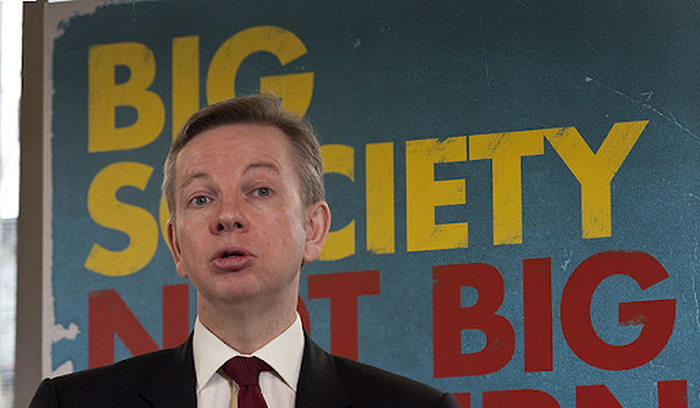Cambridge study shows more than half of people in England are sceptical of government’s ‘Levelling up’ strategy
53% of respondents believed the government’s “Levelling up” strategy will either make no difference to their local economy, or leave them worse off.

According to a recent survey, more than half of people in England are not convinced that the government’s "Levelling up" strategy will improve their local communities.
The survey, "What Matters to the English after Covid?", was conducted by the University’s Bennett Institute of Public Policy, in partnership with YouGov-Cambridge Centre for Public Opinion Research.
It aimed to explore three key issues within British politics today: attitudes towards levelling up, the aftermath of Brexit, and the impact of devolution.
The findings of the survey, which took place in May, show that 53% of respondents thought the strategy would have either a negative impact on their local economy, or no impact at all.
Despite this, 68% of participants believed that minimising regional inequalities should be a “high or medium priority” for the government.
The findings also highlighted regional disparities in people’s attitudes. Less than one in five (18%) of those living in London and the South East thought "Levelling up" should be one of the government’s top four priorities, and almost half (47%) thought that it would result in their area being worse off.
Director of the Bennett Institute Professor Michael Kenny, who co-authored the report, suggested that the Conservatives are right to be concerned about how this policy could affect their support in South East England.
"Johnson insists that levelling up will not mean 'robbing Peter to pay Paul', but residents of southeast England appear to suspect the agenda will involve some redistribution, and that they will be on the losing end of it,” Kenny commented.
In contrast, support for levelling up is much higher in the North and the Midlands, with 40% believing it should be a priority, and 41% believing their area will receive more funding because of it.

Michael Gove accused of racism, sexism, classism and homophobia in surfaced Cambridge Union speeches
“Large numbers of voters in historically Labour seats across the Midlands and North appear willing to buy the Prime Minister's rhetoric”, Kenny added, which reflects “the depth of the challenge facing Keir Starmer in these areas”.
The "Levelling up" agenda aims to reinvigorate local communities by improving high streets and town centres, increasing employment opportunities on a local scale and investing in local transport links and culture.
Three major investment programmes have been introduced to support this, including the £4.8 billion “Levelling Up Fund” which was announced by Rishi Sunak at the Budget Speech in March.
A recent Bennett Institute report, which was part of the Townscapes Project, called for a quarter of these funds to be spent on social infrastructure, such as parks, libraries and pubs, in order to increase people’s participation in their local communities, boost local employment and attract more public support for levelling up.
The report concluded that the government had an “ingrained bias” towards large scale projects that improve connectivity between places, when increased spending on social infrastructure could be “far more beneficial in social and economic terms than policymakers have generally appreciated”.
 News / Uni Scout and Guide Club affirms trans inclusion 12 December 2025
News / Uni Scout and Guide Club affirms trans inclusion 12 December 2025 News / Pembroke to convert listed office building into accom9 December 2025
News / Pembroke to convert listed office building into accom9 December 2025 News / Cambridge Vet School gets lifeline year to stay accredited28 November 2025
News / Cambridge Vet School gets lifeline year to stay accredited28 November 2025 Features / Searching for community in queer Cambridge10 December 2025
Features / Searching for community in queer Cambridge10 December 2025 News / Uni redundancy consultation ‘falls short of legal duties’, unions say6 December 2025
News / Uni redundancy consultation ‘falls short of legal duties’, unions say6 December 2025








